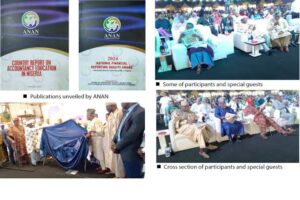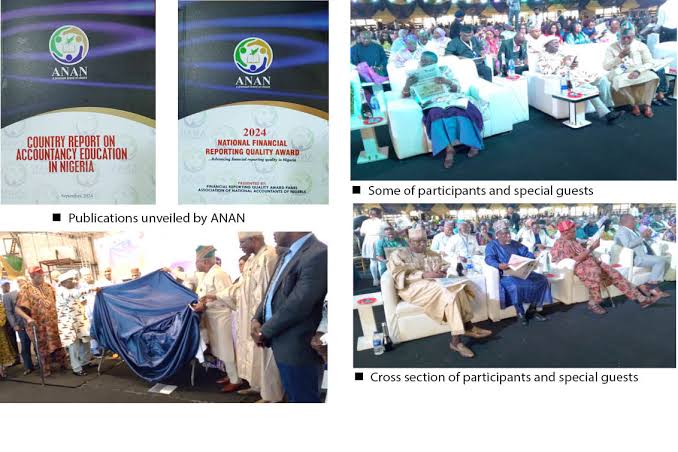The Association of National Accountants of Nigeria (ANAN) recently made significant strides in enhancing accounting education and financial reporting standards with the launch of two crucial publications. This event took place during ANAN’s 29th Annual Conference in Abuja, attracting attention from professionals and educators alike. The conference theme, “Advancing Accounting Excellence in a Changing World,” emphasizes the urgent need for reform in Nigeria’s accounting landscape.

The first publication, titled *Country Report on Accounting Education in Nigeria*, offers an in-depth analysis of the current state of accounting education in the country. It highlights several pressing issues, like outdated curricula and insufficient funding for educational institutions. These factors are identified as major obstacles preventing students from acquiring the skills necessary to excel in emerging fields such as forensic accounting and financial technology.
The report brings attention to a worrying scenario; without updating the curricula, Nigeria’s accounting students may struggle to meet global financial challenges. Furthermore, the lack of professional development opportunities for educators was emphasized, signaling an urgent need for sweeping reforms. The publication includes recommendations for updating accounting programs, fostering industry partnerships, and introducing micro-credential programs to bridge the gap between education and real-world practices.
Additionally, ANAN unveiled another important publication: the *National Financial Reporting Quality Award*. This initiative aims to elevate financial reporting standards in both public and private sectors by recognizing organizations that excel in transparency and best practices. Such acknowledgment not only rewards excellence but also encourages other entities to follow suit.
During the event, notable organizations like the Federal Inland Revenue Service and MTN Nigeria PLC received top honors for their exemplary financial reporting. This recognition is crucial as it underscores the importance of transparency in accounting, which enhances trust and accountability among stakeholders. ANAN’s efforts are expected to drive significant improvements in financial reporting practices across the nation.
With these initiatives, ANAN envisions a future where Nigeria’s accounting education and practice can stand robustly on the global stage. The focus on modern education, coupled with the recognition of exemplary reporting practices, sets a solid foundation for ongoing advancements in the field. In conclusion, these publications represent a commitment to shaping a brighter future for accounting in Nigeria, fostering both educational excellence and fiscal transparency.




